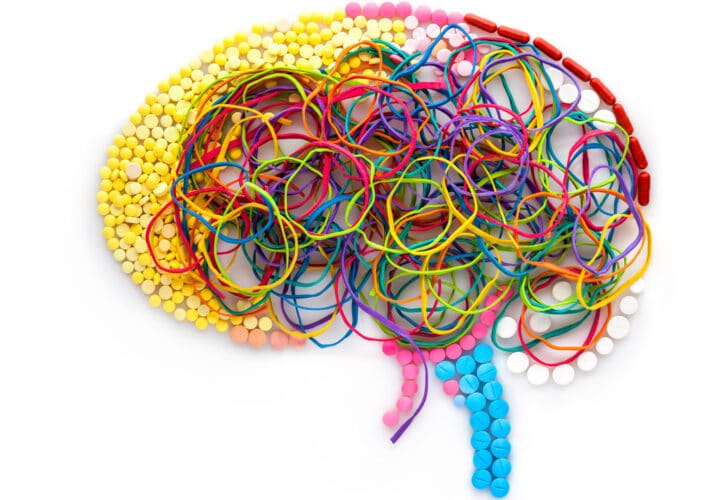While taking a tumble might sound harmless enough, falls are a common threat to adults over 65—about one-third experience a fall over the course of a year—and they can be especially dangerous for dementia patients.
Some falls just result in a bruise, but up to 30 percent cause the kind of cuts, broken bones, head trauma or other serious injuries that land a person in the emergency room. Dementia patients are up to five times more likely to be admitted into long-term care after a fall, and they’re also more likely to experience fractures, head injuries or even death during a fall. And past research shows us that patients with dementia who enter emergency rooms are much more likely to have worse outcomes, like death or readmission within 30 days, than patients being treated for the same conditions who don’t have dementia.
That’s why researchers are looking into how to prevent falls for dementia patients. Scientists looked at how cognition affects the likelihood of a fall and tried to find ways to improve thinking through brain training in order to prevent them. They found that people who scored low on tests for attention and decision-making also had a tendency to walk slowly, be unstable on their feet and experience more falls.
Here’s what the researchers found might help to prevent falls in dementia patients:
- Dual-task training, like walking while doing a memory recall test, or throwing a ball while recalling names or animals or doing math problems
- Computerized mind games
- Virtual reality programs that required participants to navigate obstacles
- Taking a methylphenidate drug, like those used to treat ADHD
- Taking a drug for Alzheimer’s, like Galantamine or Donepezil
Researchers also recommend checking for vitamin D deficiency, correcting vision and hearing problems and removing obstacles from around the home, though those were not tested in this study.
And of course, exercise can’t hurt, according to the researchers. “Older adults with mild cognitive impairment and with executive dysfunction are at higher risk of falls, and exercise interventions combined with cognitive and dual‐task training can improve their gait performance and balance and reduce their falls risk,” wrote the study authors.
This study was published in the Journal of the American Geriatrics Society.



